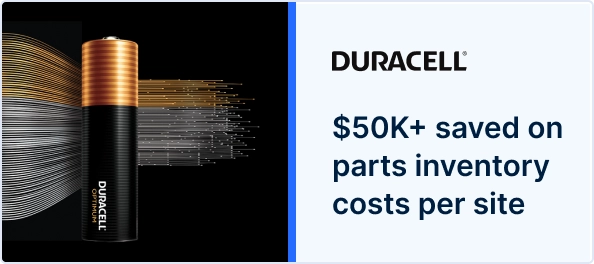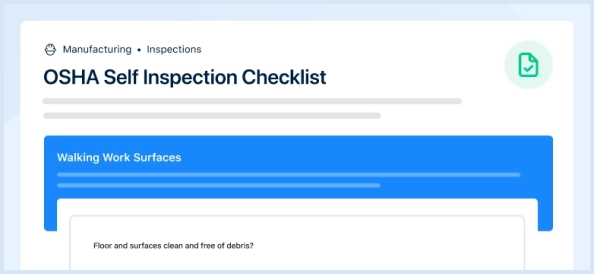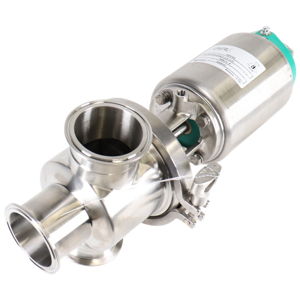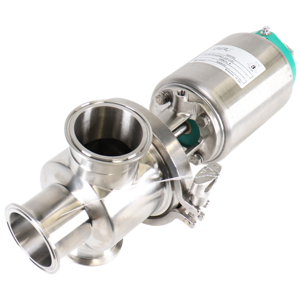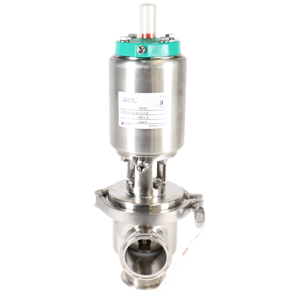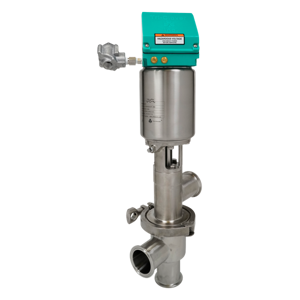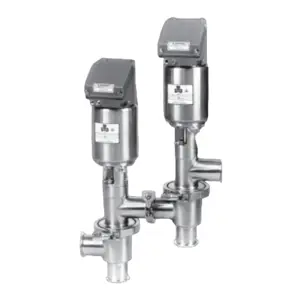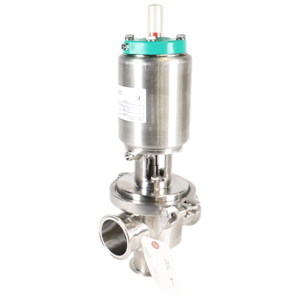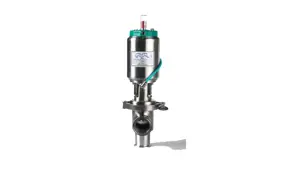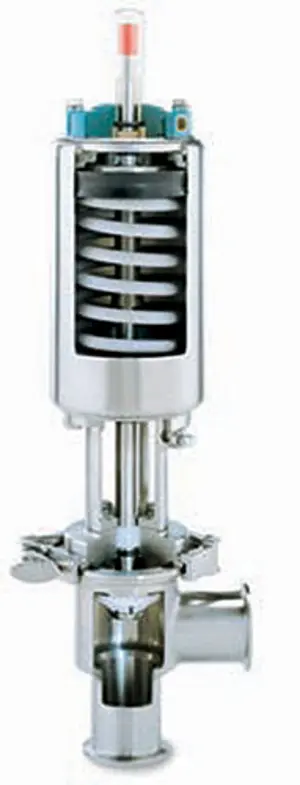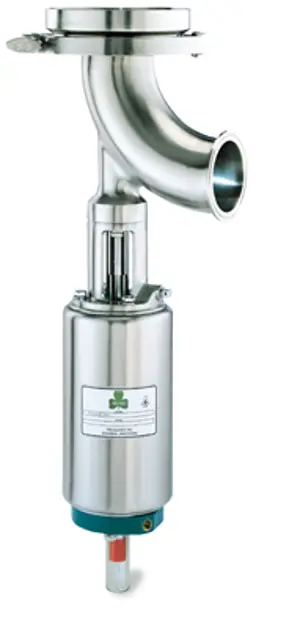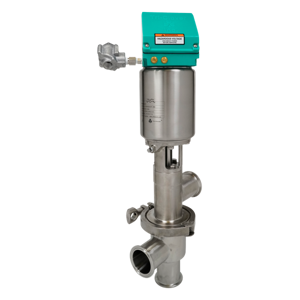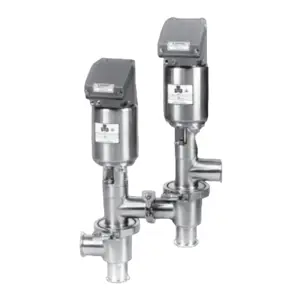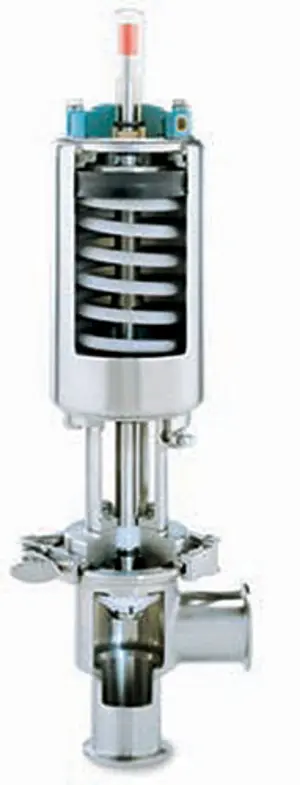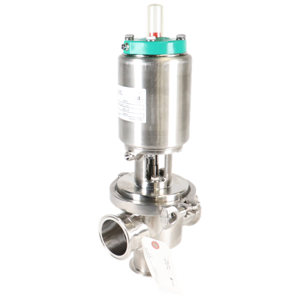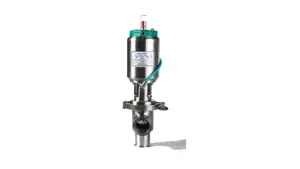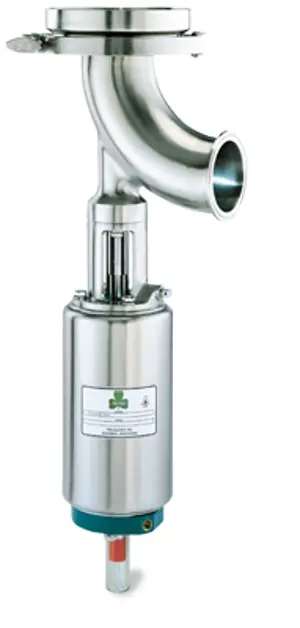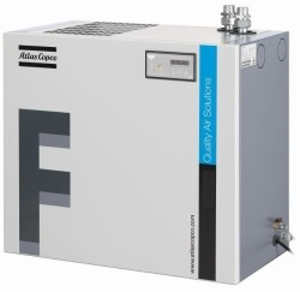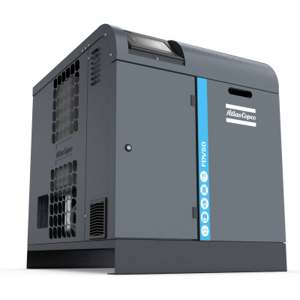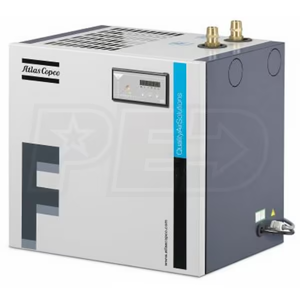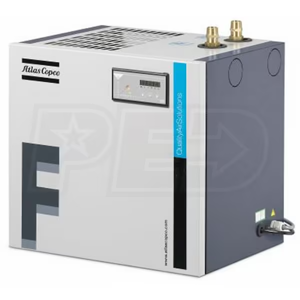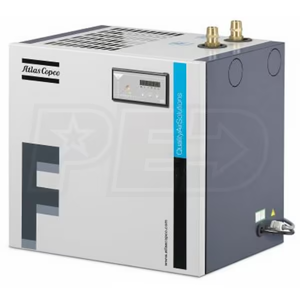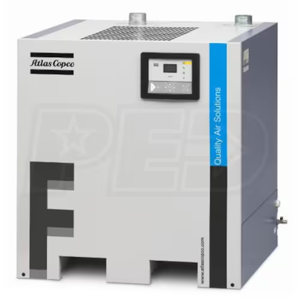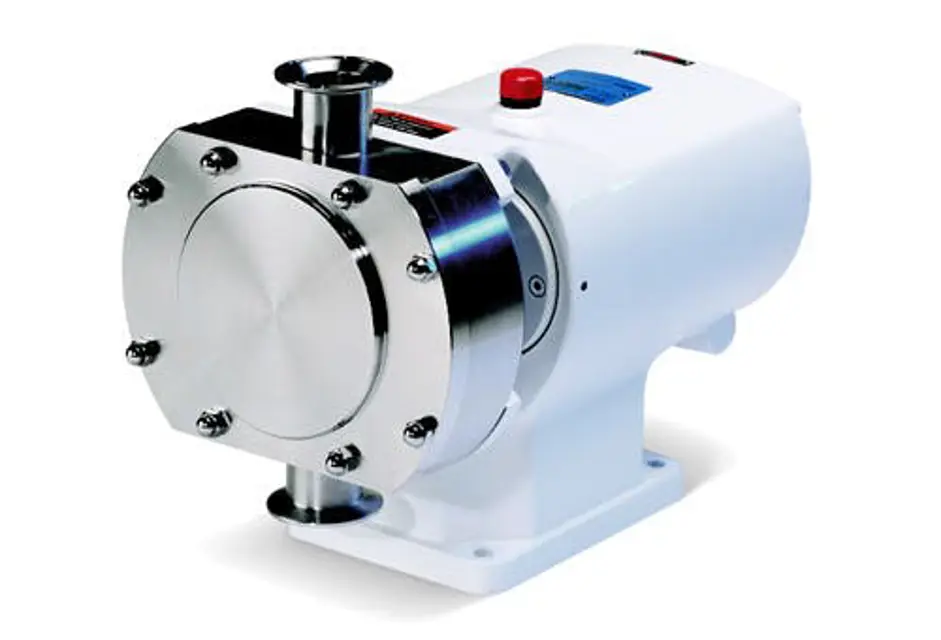

The Alfa Laval Rotary Lobe Displacement Pump GHPD-632P is engineered for efficient fluid handling in various industrial applications. Known for its reliability and performance, this pump features a robust design that ensures optimal flow rates and minimal maintenance needs, making it a preferred choice for demanding environments.
Turn manuals into instant answers
with your AI-powered assistantTurn manuals into instant answers
with your AI-powered assistant
Manual for Alfa Laval Rotary Lobe Displacement Pump GHPD-632P
Complete asset maintenance, one click away
Get instant access to all the maintenance information you need. Empower technicians to perform preventive maintenance with asset packages, ready to use right out of the box.
Documents & Manuals
Find all the essential guides in one place.
Tensioning Guide
Belt-diagram
C-120 pulleys
+ 13 more
Work Order Templates
Pre-built workflows to keep your asset running smoothly.
Daily Electrical System Inspection
Replace Roller and Pulley
Install Engine B-120
+ 29 more
Procedures
Integrate maintenance plans directly into your work orders.
Motion Industries
Applied Industrial Technologies
Electrical Brothers
+ 5 more
Parts
Access the parts list for your equipment in MaintainX.
Drive Motor
B2 Rollers
Tensioning System
+ 40 more

Alfa Laval Rotary Lobe Displacement Pump GHPD-632P
Create an account to install this asset package.
Maintenance Plans for Alfa Laval Rotary Lobe Displacement Pump Model GHPD-632P
Integrate maintenance plans directly into your work orders in MaintainX.
2 Yearly Grease Replacement
1. Pump supplied grease filled.
2. Change - every two years (dusty air conditions)
* Change - every six years (clean air conditions)
3. Fill with grease by pumping grease into the rear of the gearcase.;
Pump Cleaning
• The pump can be manually cleaned or cleaned in place (C.I.P.). The following is an example of a typical CIP procedure. However specific advice for each application should be sought from the pump supplier.
1. Flush through the system with cold water (42°F).
2. Run hot caustic soda (158-176°C) at 2.5% dilution through the system for 20-30 minutes.
3. Final flush through with cold water again.
NEVER touch the pump or pipes as they will be extremely HOT!
DO NOT subject the pump to rapid temperature changes during C.I.P. procedures, as pump seizure can result from thermal shock. A suitable by-pass is recommended.
ALWAYS use rubber gloves and protective when handling caustic agents.
ALWAYS rinse will with clean water using a cleaning agent.
ALWAYS store/discharge cleaning agents in accordance with current rules d/directives.;
O-Ring Seal Replacement
– The large 'O' ring sits within the rotorcase bore and runs on the shaft sleeve. Rotation for the shaft sleeve is provided by a spring which locates in a slot on the shaft. An 'O' ring seals the shaft sleeve to the shaft.
REMOVING THE 'O' RING SEAL
1. Remove the rotorcase.
2. Slide the shaft sleeve from the shaft and inspect the 'O' rings.
FITTING THE 'O' RING SEAL
1. Lightly lubricate the 'O' rings with greas (food quality if necessary), locate in the shat sleeve and rotorcase bore.
2. Slide the shaft sleeve onto the shaft an locate the pin into the slot on the shaft.;
Packed Gland with Flush Adjustment
CAUTION! DRIP LEAKAGE IS ESSENTIAL TO PREVENT OVER HEATING OF THE GLAND AREA WHICH WILL CAUSE SEAL FAILURE.
IMPORTANT! Stop and remove gland guard for checking temperature of housing and observing leakage. ALWAYS REPLACE THE GUARD BEFORE RESTARTING.
1. Lightly tighten up the gland follower.
2. Flood the pumphead and determine if the gland leakage is acceptable. Tighten the gland follower nuts until an acceptable leakage is achieved.
3. Start the pump and allow to run for 10 minutes. If the gland becomes significantly hotter than other parts of the pump, the gland is too tight.
4. Stop the pump and allow it to cool then repeat the above until the gland temperature is stable and gland slightly weeping.
5. Run the pump at 10 minute intervals tightening the gland follower nuts by a ½ of a turn until the leak is at an acceptable rate.;
Double Hyclean Seal Replacement
1. Firmly press on the o-rings (15) to the rear stationary faces (14) and locate them within the rear flush housing (16,17).
2. Carefully fit the rear seal housings (16,17) with the stationary face onto the shaft (22). (Caution: do not chip stationary face).
3. Push outboard rotary assembly (10,11) onto pump shaft (22) to the setting dimension (A) indicated on the assembly drawing and tighten set screws.
4. Locate o-rings on the shaft (5, rotary) and within the rotorcase bore (1, stationary).
5. Press washer (7) underneath the inside drive pin into the rotary face (6) and gently slide onto the shaft, locating the pin in the shaft slot.
6. Position the wave spring (3) over the stationary face (2), push into the rotorcase.
7. Position front seal housing (9) onto rotorcase and hex head tighten screws (8). Be sure not to over tighten.
8. Refit the rotorcase, using the shaft sleeve to ensure stationary seal is not chipped during assembly.
9. Fit rear seal housings (16,17) and o-rings (12) to front flush housings (9) and tighten the hex nuts (18). (Caution: Be sure not to overtighten the hex nuts).;
Unlock efficiency
with MaintainX CoPilot
MaintainX CoPilot is your expert colleague, on call 24/7, helping your team find the answers they need to keep equipment running.
Reduce Unplanned Downtime
Ensure your team follows consistent procedures to minimize equipment failures and costly delays.
Maximize Asset Availability
Keep your assets running longer and more reliably, with standardized maintenance workflows from OEM manuals.
Lower Maintenance Costs
Turn any technician into an expert to streamline operations, maintain more assets, and reduce overall costs.
Thousands of companies manage their assets with MaintainX
















